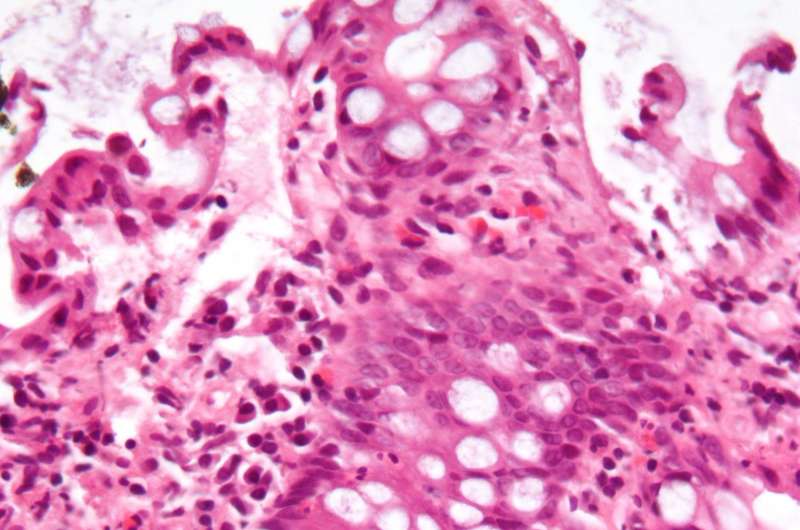In a scientific breakthrough, Mount Sinai researchers have revealed the biological mechanisms by which a family of proteins known as histone deacetylases (HDACs) activate immune system cells linked to inflammatory bowel disease (IBD) and other inflammatory diseases.
This discovery, reported in Proceedings of the National Academy of Sciences (PNAS), could potentially lead to the development of selective HDAC inhibitors designed to treat types of IBD such as ulcerative colitis and Crohn’s disease.
“Our understanding of the specific function of class II HDACs in different cell types has been limited, impeding development of therapies targeting this promising drug target family,” says senior author Ming-Ming Zhou, PhD, Dr. Harold and Golden Lamport Professor in Physiology and Biophysics and Chair of the Department of Pharmacological Sciences at the Icahn School of Medicine at Mount Sinai. “Through our proof-of-concept study, we’re unraveling the mechanisms of class II HDACs, providing essential knowledge to explore their therapeutic potential for safer and more effective disease treatments.”










Comments are closed.